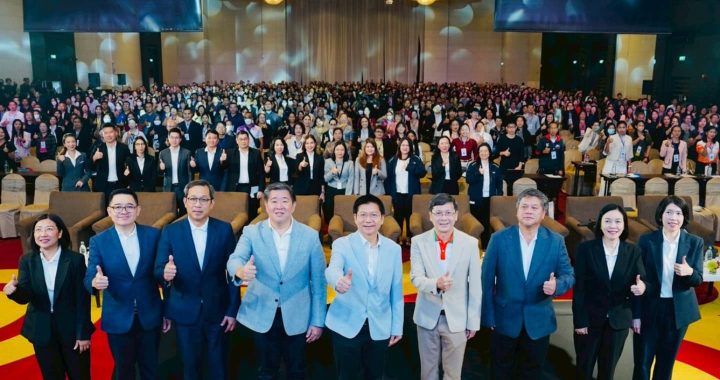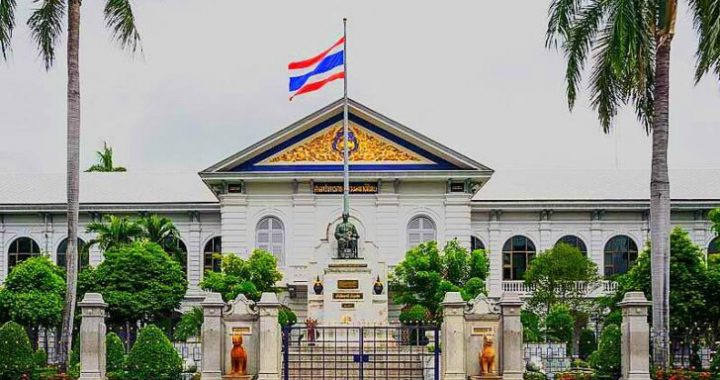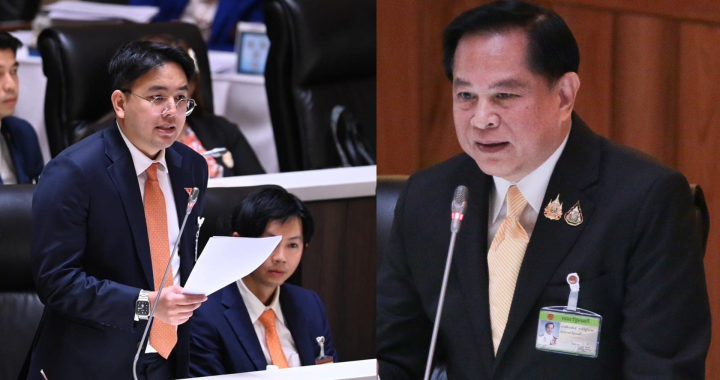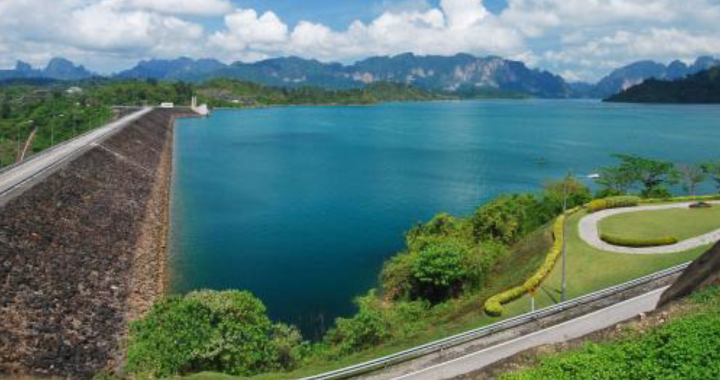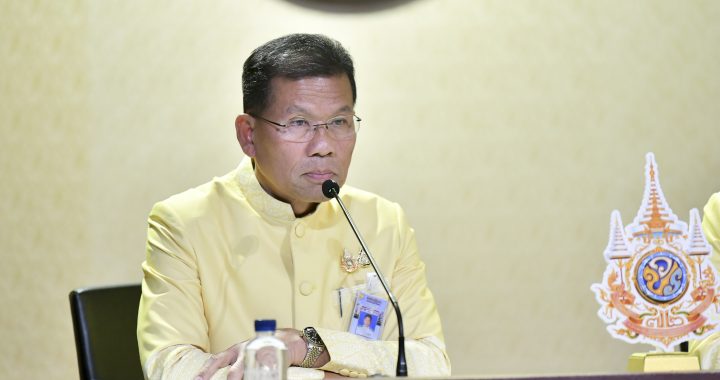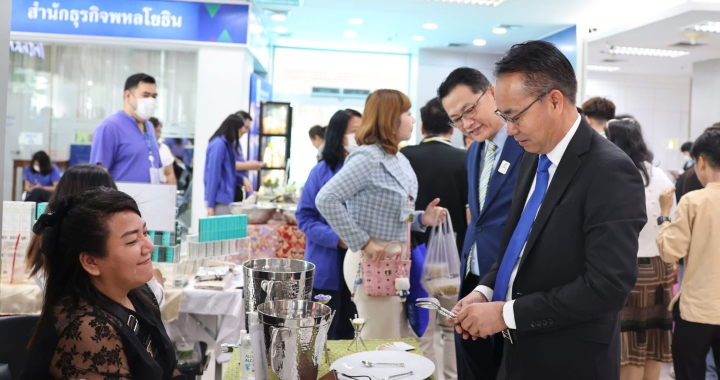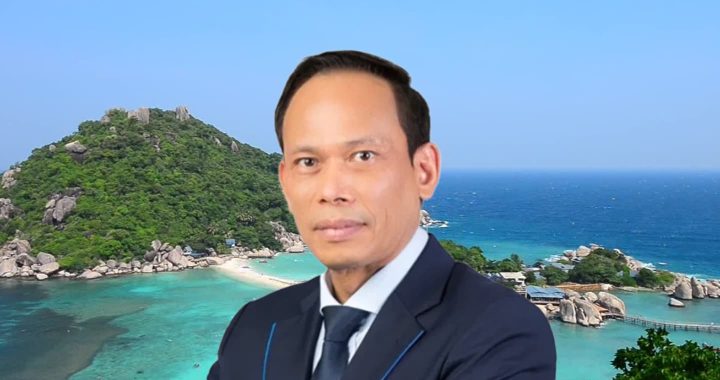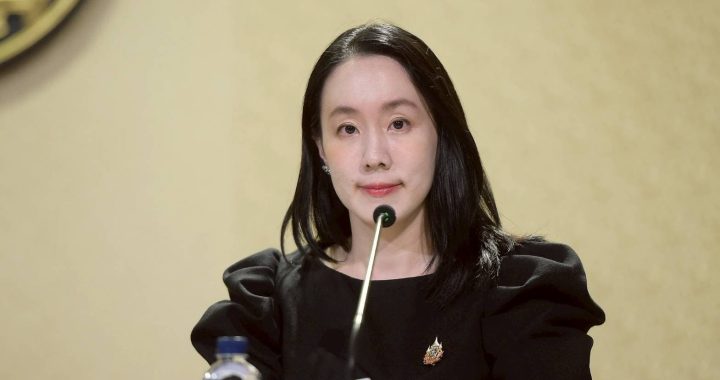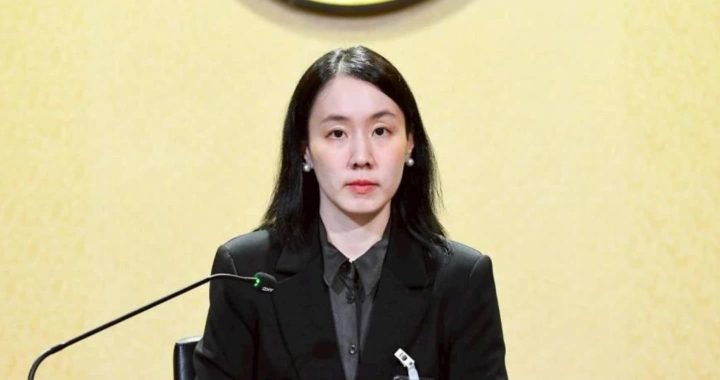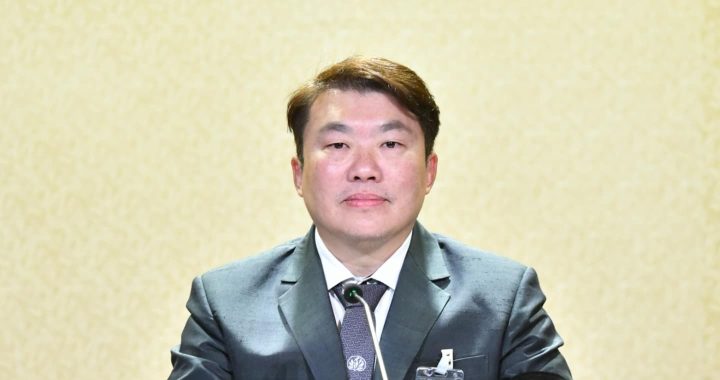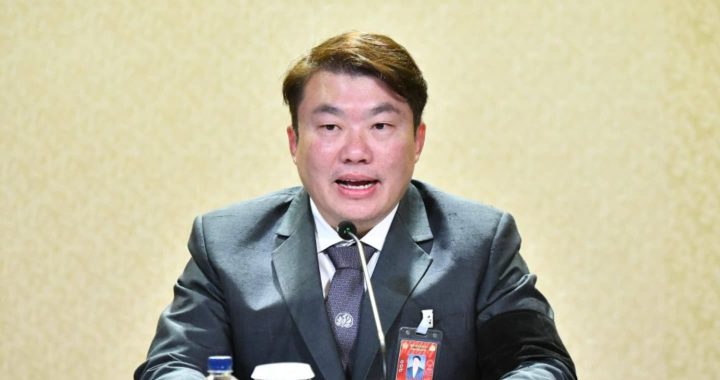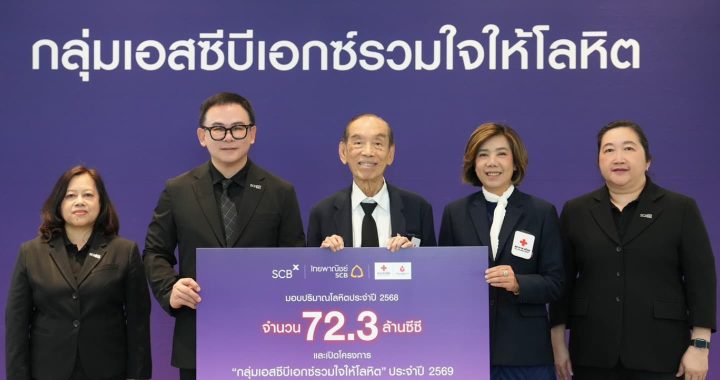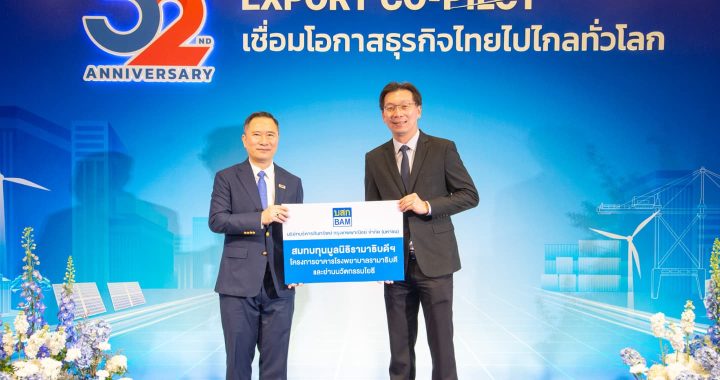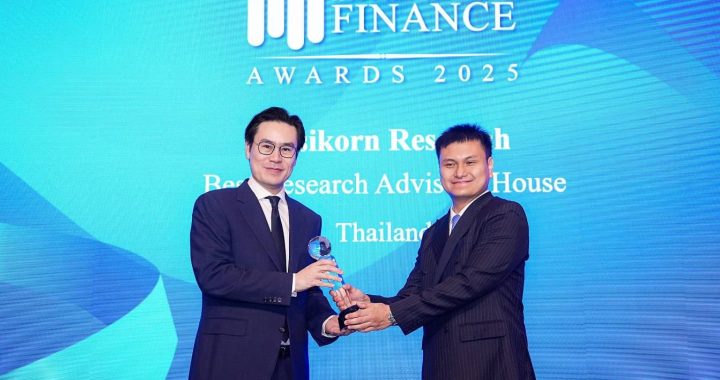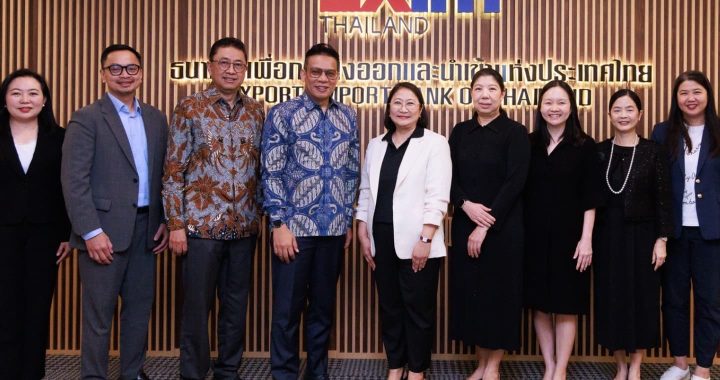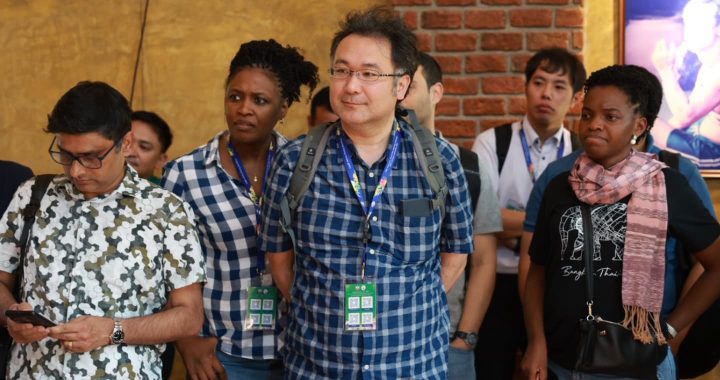Q2/2019 Thai GDP record low below Q4/2014.
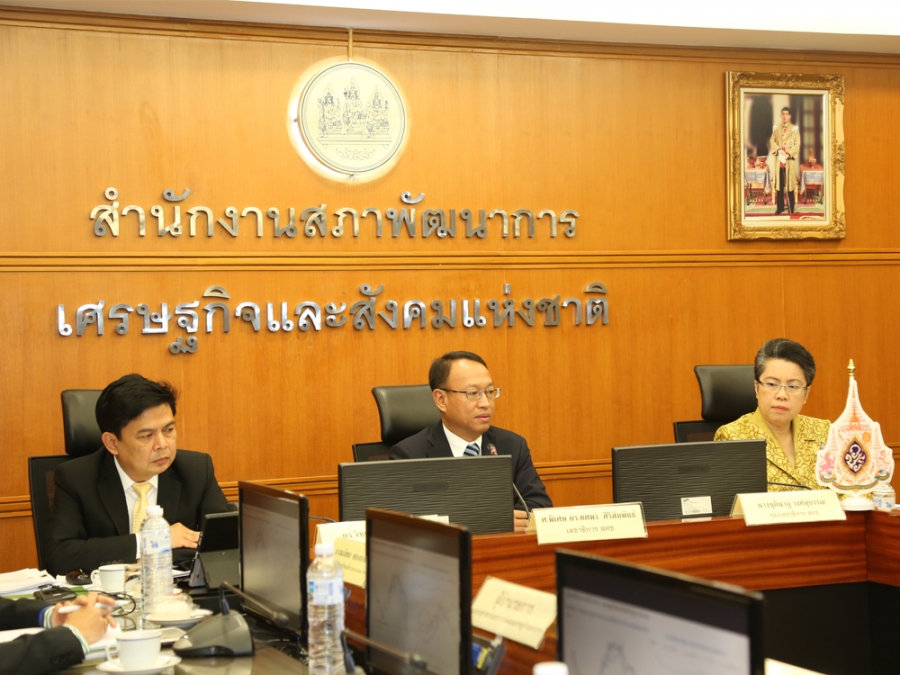
19-8-2019—Today Office of the National Economic and Social Development Council (NESDC)unveiled Thailand’s Q2/2019 Gross Domestic Product grew slowest in almost five years by the deteriorated exports and tourism, US-China trade tensions and the strong baht.
Thailand’s Q2/2019 GDP grow 2.3% from a year ago, down from 2.8% in Q1/2019, the National Economic and Social Development Council (NESDC) secretary general Mr.Thosaporn Sirisumphan unveiled on Monday that it was the slowest pace since Q3/2014. The expansion was in line with some economist’s median estimation of 2.3%.
NESDC report April-June data of Thailand economic today (Monday), NESDC reduced its forecast for 2019 growth from 3.3-3.8% forecasted in May to 2.7-3.2% or 3.0% at mean.
This year’s exports has also sharply changed in estimate to 1.2% shrinkage instead of 2.2% growth forecasted at 31 May 2019.
Both domestically and abroad slowdown affected the quarter’s growth, according to NESDC Secretary-general Thosaporn Sirisumphand at the briefing today.
The US-China trade war, global anxiety and drought remain continue forwarding risks , although the government economic stimulus package announced last week, as well as potential investment from companies relocating from China amid the trade war, could help offset the damage, he said.
NESDC secretary general said Thai economic has yet in crisis but it was just staggered, if don’t do anything to support , it tend to be worst in the second half of the year. Then it good that economic stimulus package were prepared to be delivered soon that would hopefully made public consumption glow, while government also push other mechanism to contribute more to drive Thai economy, especially the goal of public and private investment , have to seek the potential product to create more export growth and try to achieve the goal to achieve the goal to have at least 20 million foreign tourists in the second half of the year.
Mr.Thosaporn told the media that further economic stimulus measure is possible, including steps that focus on boosting private investment and tourism.
“The government also will likely boost investment through public spending and disbursements by state enterprises”, he said.





